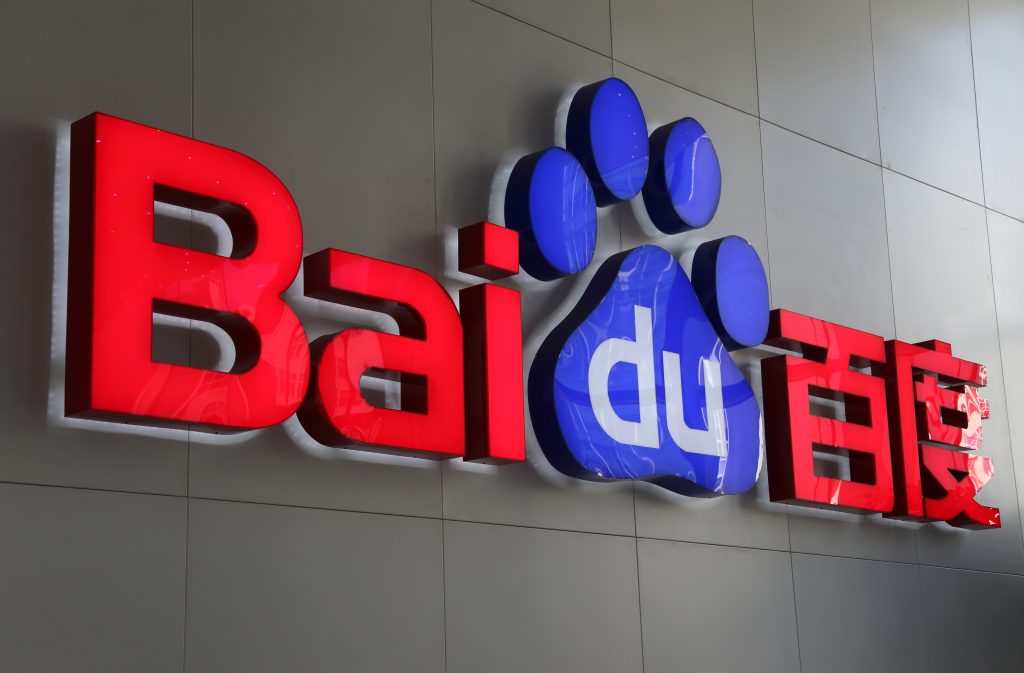Amid regulatory crackdowns across the technology, education, and real estate industries, as well as rising macroeconomic risks and uncertainties in China, Baidu (NASDAQ:BIDU) still managed to exceed 3Q21 EPS and revenue estimates. The Chinese internet giant’s upside results, however, are being clouded over by a tepid Q4 outlook and cautious commentary regarding the advertising spending environment.
BIDU, which now postures itself as a leading AI company, still generates a significant portion of its revenue from online marketing (61% of total Q3 revenue), making it vulnerable to economic swings. Although its AI-based products are experiencing strong growth, including a 70%+ surge in revenue from the AI Cloud portfolio, the upswing isn’t enough to negate BIDU’s decelerating advertising business.
The slowdown in Baidu Core is alarming. After increasing by 34% in Q1, revenue growth slipped to 27% last quarter, and then down to just 15% in Q3. Within this segment, online advertising was up a pedestrian 6% in Q3, marking a notable drop from last quarter’s 18% increase. These growth rates are a far cry from what BIDU’s U.S. counterpart, Alphabet (GOOG), are achieving. In Q3, GOOG’s advertising revenue jumped by 43% as the company capitalized on robust spending in the retail sector. This discrepancy in performance underscores how significantly BIDU has been impacted by the Chinese government’s crackdown as it looks to rein in power and influence from the private sector.
Unfortunately for BIDU, there are no signs that the government is ready to loosen its grip. At the same time, pockets of COVID-19 outbreaks across China, and a Chinese real estate market that appears to be on the razor’s edge, are providing additional economic headwinds. Against that gloomy outlook, the company is forecasting that Q4 Baidu Core revenue growth could fall to 5-16%, while adding that visibility remains limited. In total, BIDU guided for revenue of RMB31.0-34.0 bln, inline with the RMB33.12 bln consensus estimate.
Until BIDU’s emerging AI businesses become a more substantial contributor to its overall results, the company’s struggles are likely to continue in the near-to-intermediate term. The good news, though, is that BIDU’s AI portfolio is positioned for strong growth. Non-online marketing revenue soared by 76% to RMB5.2 bln, primarily driven by strong cloud demand. Other initiatives, like autonomous driving, robo-taxis, and smart transportation are longer-term opportunities, but are all gaining traction.





